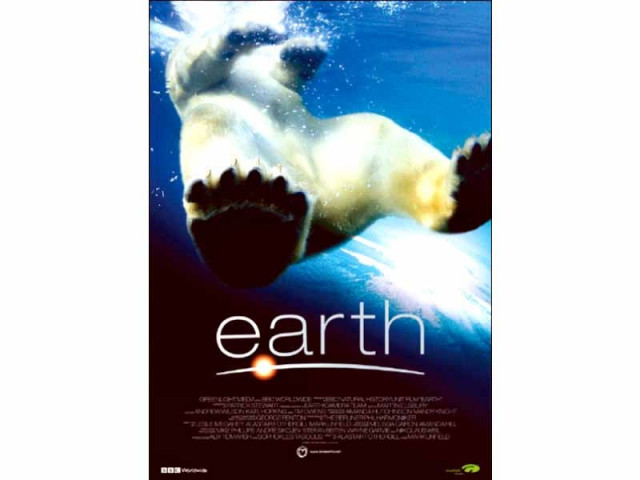Documentary screening: Journey through natural habitats
Nature enthusiasts taken on virtual world tour.

Nature enthusiasts taken on virtual world tour.
Away from the hustle and bustle of human life, there are worlds to be explored in jungles, forests, mountains and seas. Sweeping across continents and delving into the regions barely touched by humans, the BBC television series “Planet Earth” takes one on an engaging journey through the wilderness, revealing the gradual impact of climate change along the way.
Three back-to-back episodes of the series were screened at Kuch Khaas on Monday. Nature lovers found solace in watching in vivid detail the sights and sounds of wildlife and landscape unfold before them.
However, the projection screen in a sunlit room did little to bring out the otherwise high-definition visuals. The Kuch Khaas team plans to host future screenings in the library to max out on the experience.

In the first episode, “From Pole to Pole”, the audience met the emperor penguins who brave four months of extreme winter in Antarctica, where temperatures dip to as low as -70 Centigrade. Without food, water or sun, these penguins survive where no human can.
The scenes then rivet to spring in the Arctic and Canada, polar bears mothering their cubs. The sun is shown rolling on the surface of the earth, moving across continents.
The film reveals how all human life depends on the sun for its sustenance.
In “Mountains” there are the world’s highest peaks including Mount Everest, “so high that no bird can fly there”. The Karakoram Mountain Range, the narrator says, is clearly visible from space. Various species including Markhor and snow leopards are shown hunting down their prey in extreme weather conditions. From famine to feast, the grizzly bear is spoiled for choice.
Finally, “Fresh Water” traverses the depths of seas, showing aquatic life. The predatory instinct of crocodiles and sharks is revealed in daunting light against the playfulness of seagulls. The scenes underline the course of fresh water as it falls from seas into rivers and how various species depend on it. “Only three per cent of the world’s water is fresh, yet all life on land is ultimately dependent on it,” explains the narrator, David Attenborough.
Published in The Express Tribune, July 17th, 2013.



















COMMENTS
Comments are moderated and generally will be posted if they are on-topic and not abusive.
For more information, please see our Comments FAQ